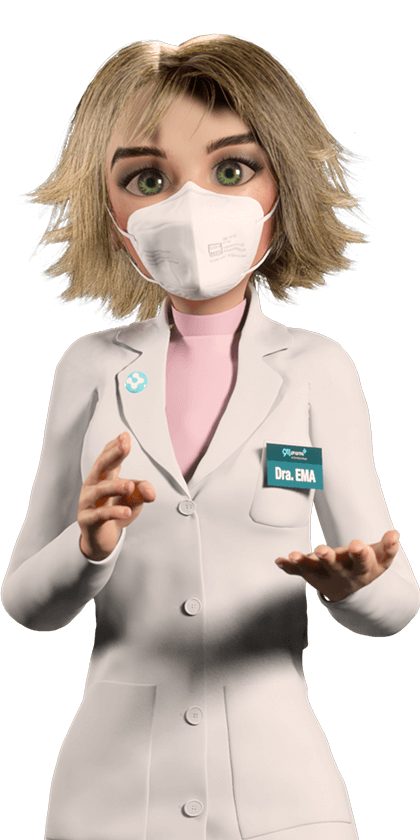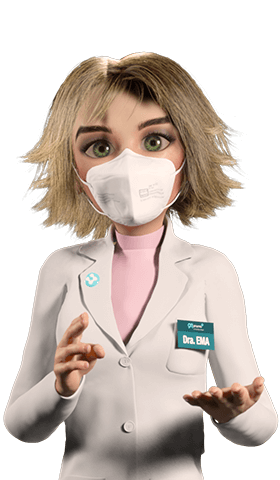COVID-19
Maskne - the acne behind the mask!
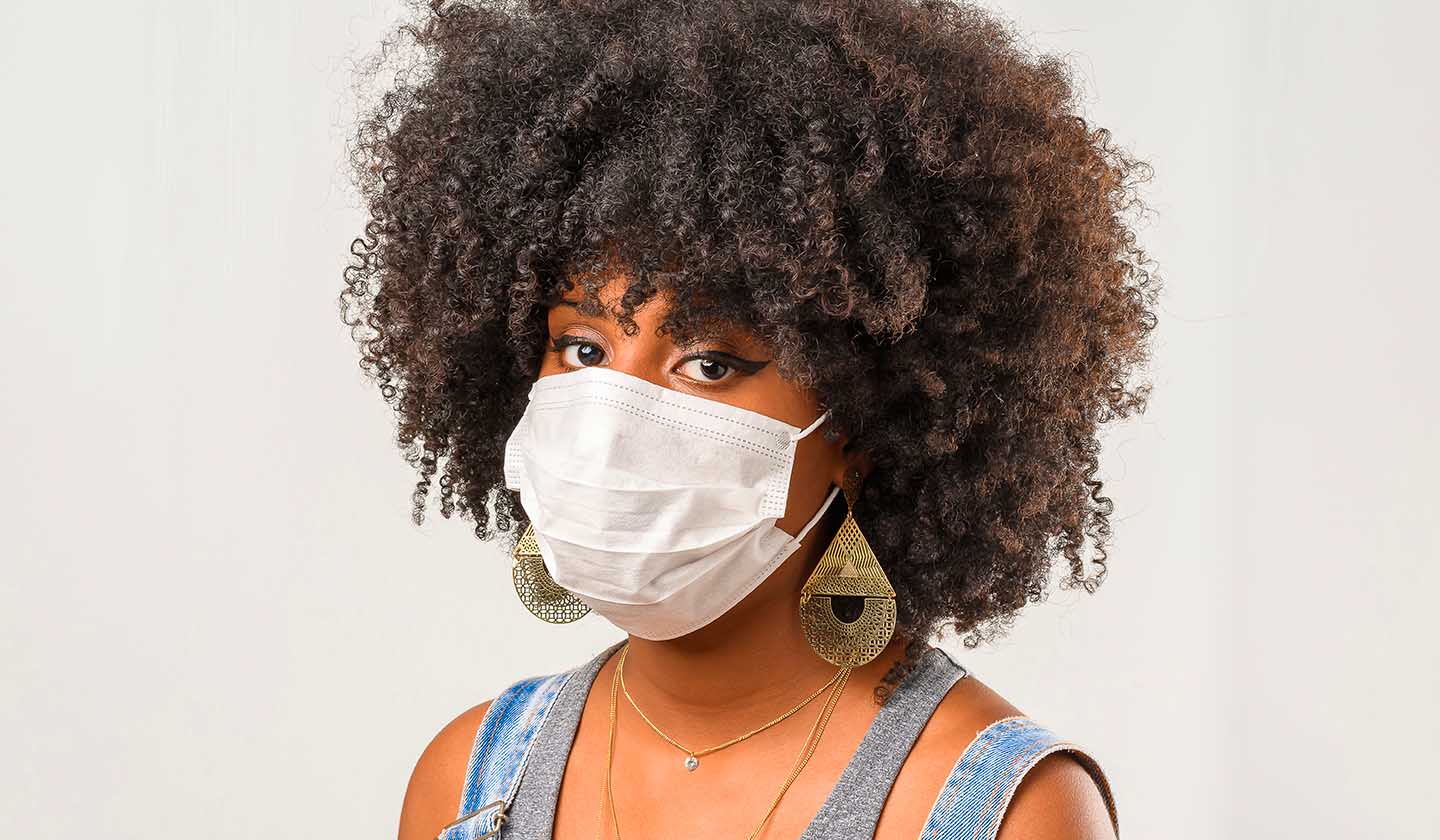
We all know by now that the Covid-19 pandemic has brought new habits and routines into our daily lives. But it has also brought new words and maskne is one of them.
The meaning of this term is simple to explain. It refers to mask and acne, that is, it refers to acne caused by the frequent and prolonged use of mask.
This is a real problem and one on which dermatologists all over the world have spoken out. There are also cosmetic brands that have launched ranges of products specifically aimed at maskne cases.
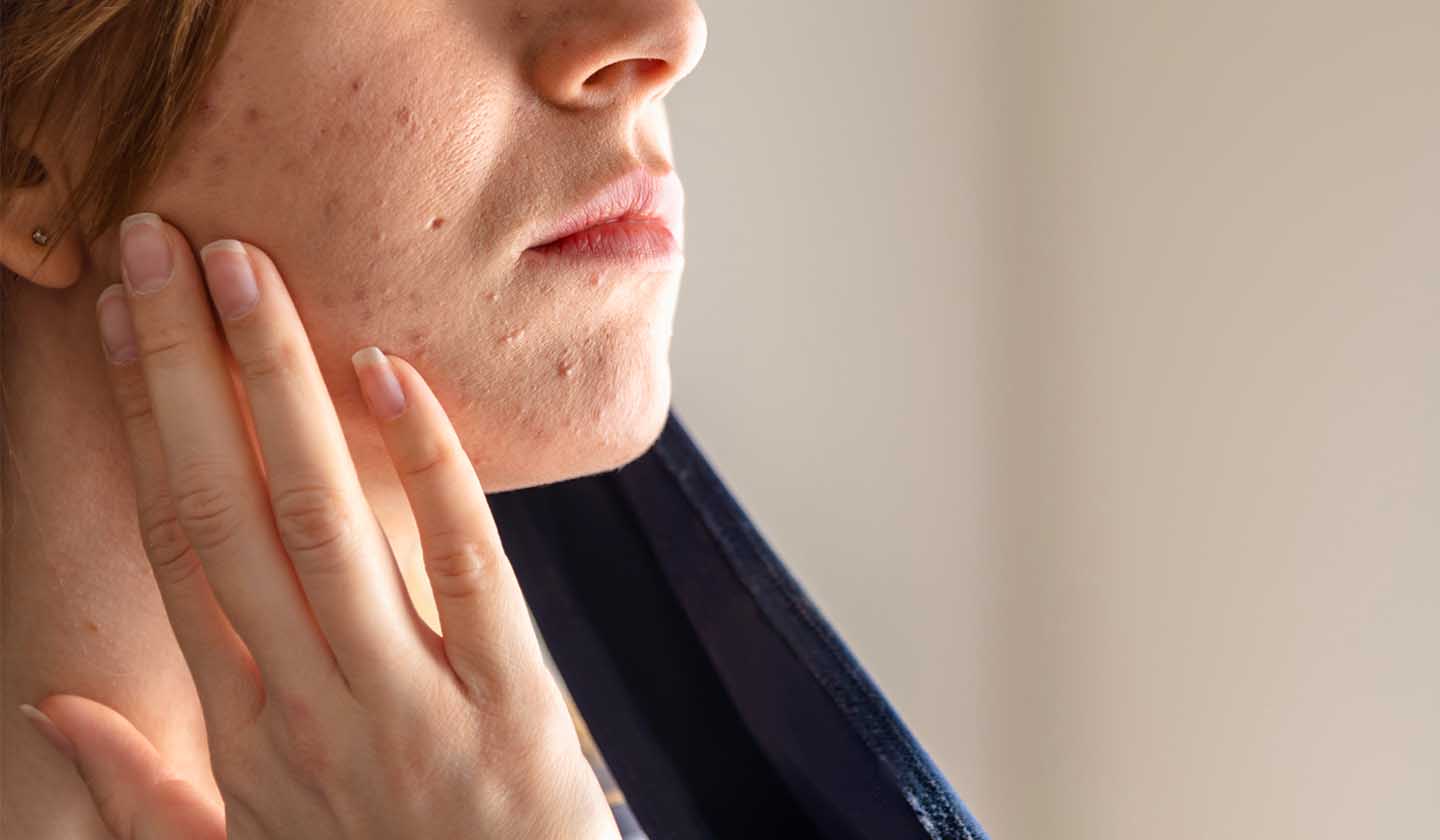
What is it?
Maskne refers to mechanical acne, that is, acne caused by something irritating to the skin, in this case the mask. Healthcare professionals who are on the front line are at greater risk of suffering from this problem, due to the characteristics of their masks and the time during which they wear them.
Some dermatologists believe that masks can worsen existing skin problems or aggravate new ones, especially, in summer or in warmer environments, when the humidity inside the mask is higher.
The World Health Organization (WHO) has also warned that prolonged use of the mask can cause lesions on the facial skin, such as acne or dermatitis.
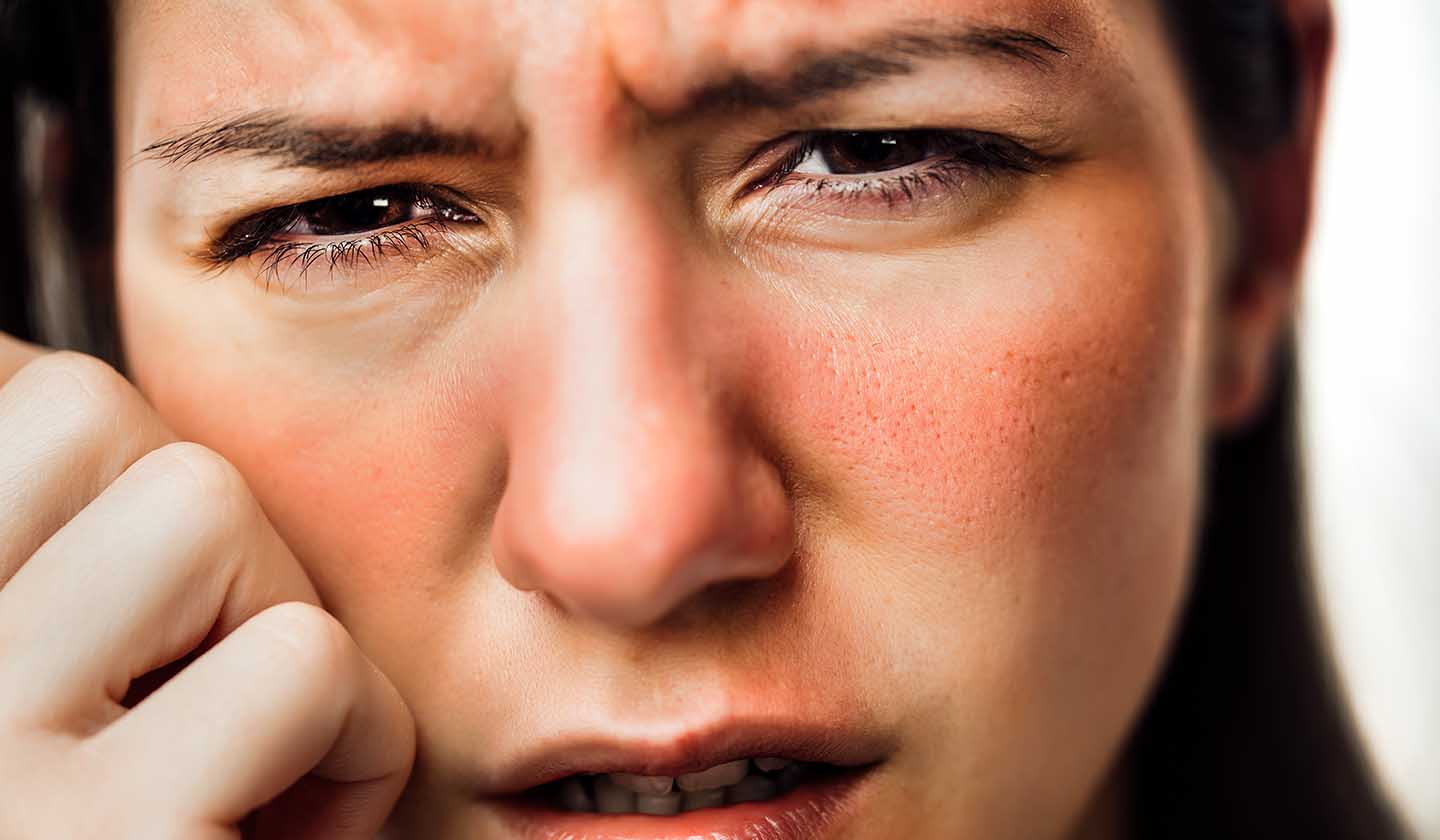
Signs and symptoms
The most common symptoms of maskne or other dermatological problems related to mask use are:
- acne
- dermoabrasive lesions
- irritant eczema
- Surface Gauges
These complications are caused by pressure from the mask on the skin and/or periods of occlusion during which the skin is not able to 'breathe' and is affected by the mask's wetter environment.
People who already have rosacea, acne, seborrheic or atopic dermatitis and/or psoriasis may experience an aggravation of these pathologies.
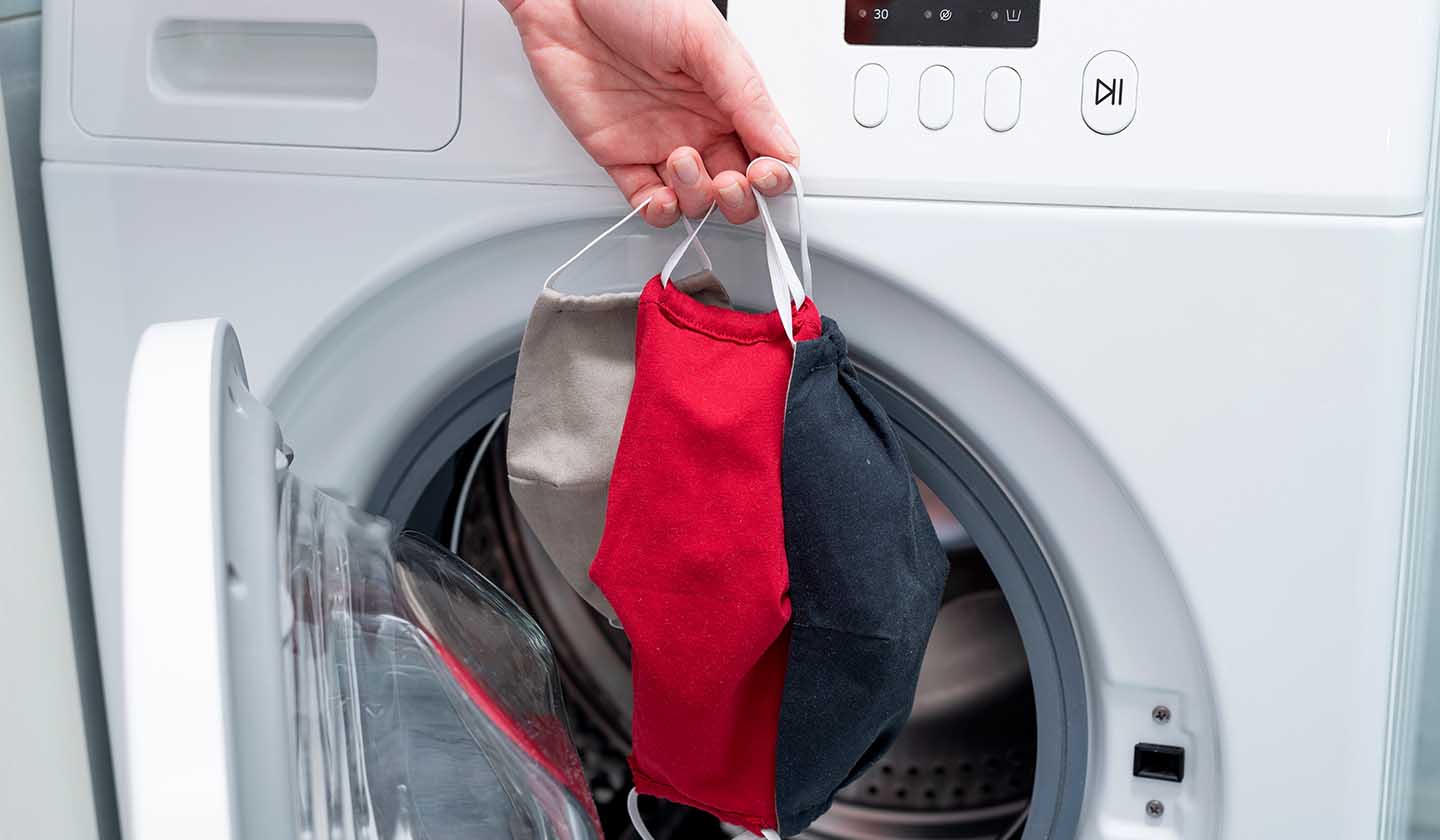
Care to minimise this problem
1. Taking account of the mask you use
Dermatologists recommend masks that are 100% cotton, so that the skin can "breathe" a little. Furthermore, in case of high temperatures, it is essential to use a clean mask. It is therefore essential to wash (in the case of social masks) and change masks frequently.
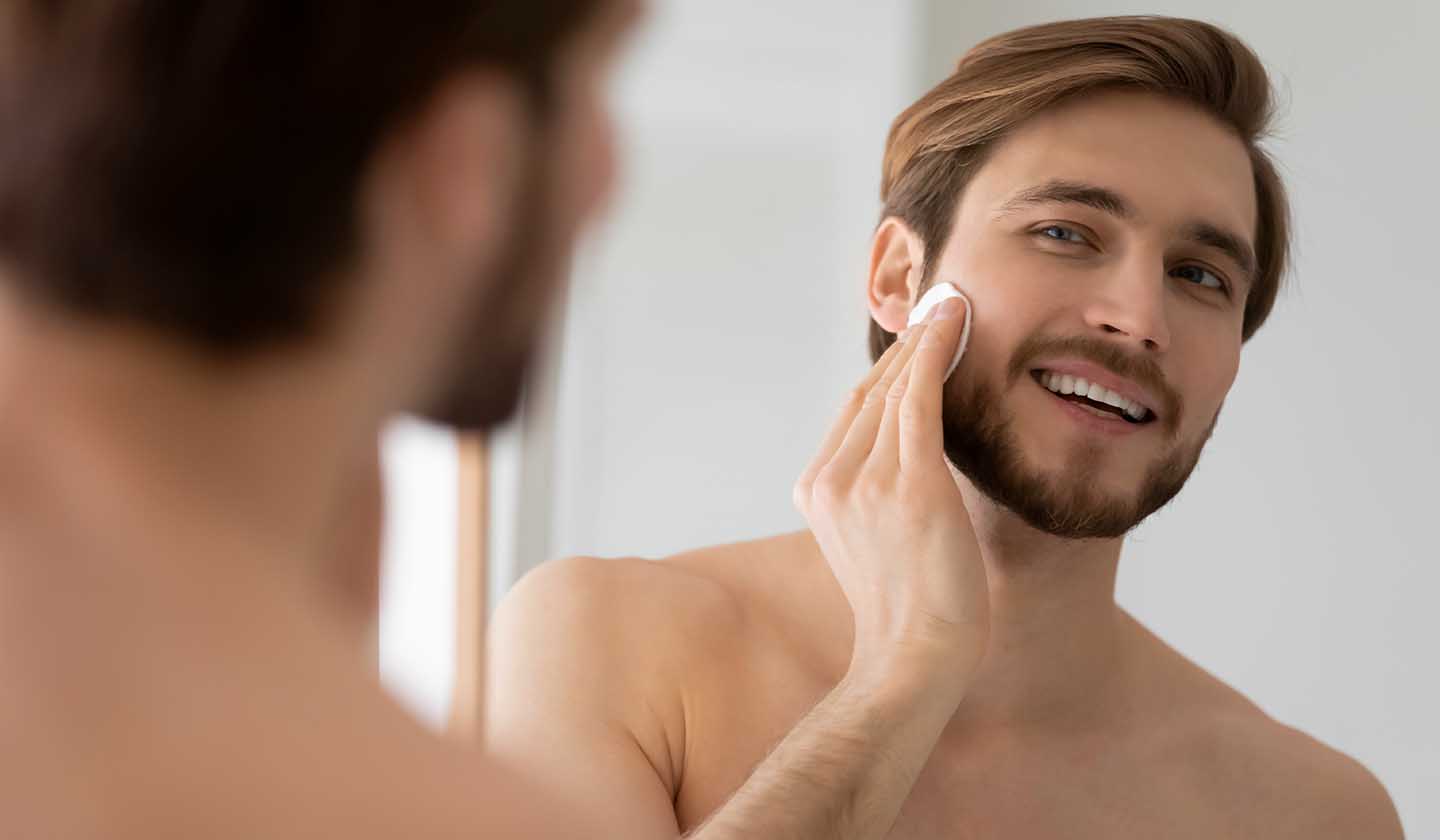
2. Adopt a proper skincare routine
Adopting a basic daily face care routine, based on simple, non-abrasive, fragrance and additive-free face washing and moisturising products is highly recommended.
It is also important to bet on emollient creams that combat the friction of the mask on the skin. On the other hand, you should avoid products with acids or retinols during the day, as they can become irritating if you put your mask on after applying them.
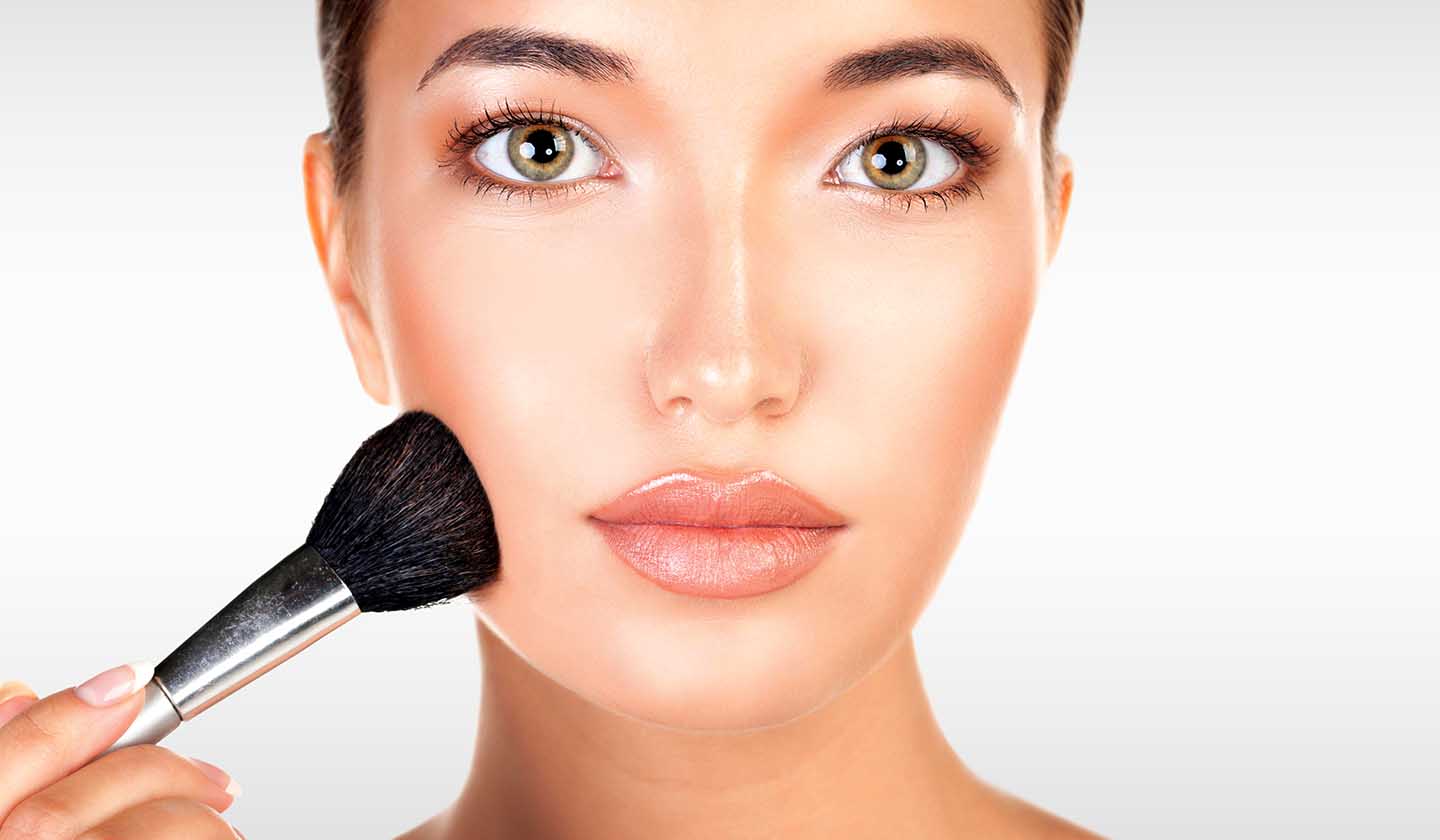
3. Moderate use of make-up
In this phase, it is advisable to reduce the use of make-up and only use make-up that is well moisturizing and includes, in particular, sun protection.
It is also even more fundamental to remove the make-up, preferably with micellar water or a gentle make-up remover that does not irritate the skin. Afterwards, you should always moisturise your face well. Of course, it is not advisable to overdo it when washing your face, as this dries out the skin even more.
4. Put a cloth or cotton pad between the skin and the mask
This measure avoids direct contact between the mask and the skin, which can help prevent irritation of the dermis and maskne itself.
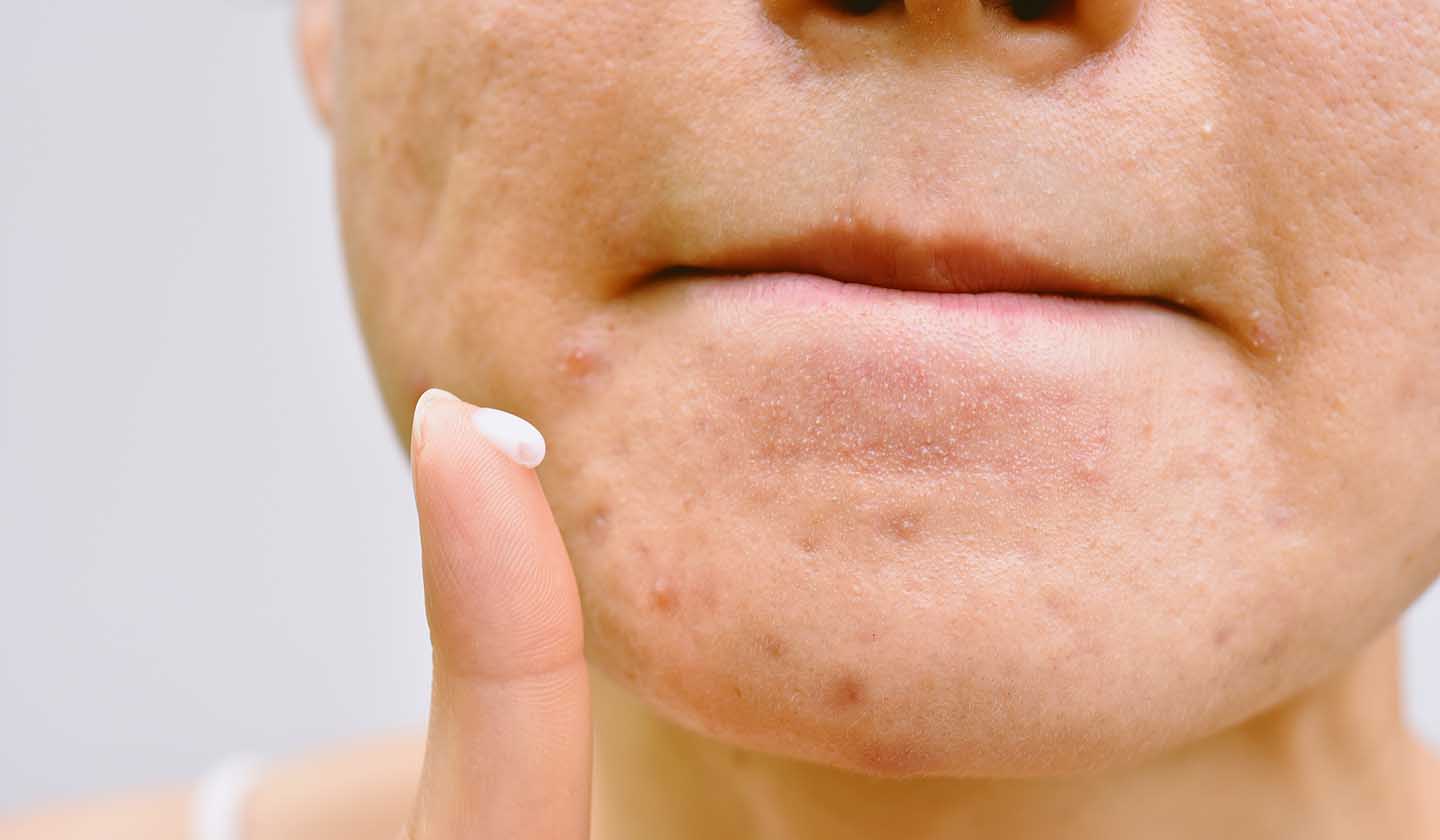
How to treat maskne?
If you already have maskne symptoms, you should treat this problem, even if you still have to deal with the irritation caused by the mask.
A treatment with benzoyl peroxide (with 2.5% to 5% concentration) is suggested on the skin eruptions. This substance should not be applied at the same time as using retinol products.
Those with dark or brown skin may also develop a problem of hyperpigmentation. In these cases, it is advisable to use a topical glycolic acid that treats the spots and the darkening of the skin.
In any situation, the most suitable attitude is to consult a specialist who can diagnose if it is really a case of maskne and, if so, what the most appropriate measures to take are.
Sources
iSaúde
Farmácia Distribuição Magazine
Também lhe poderá interessar
COVID-19
